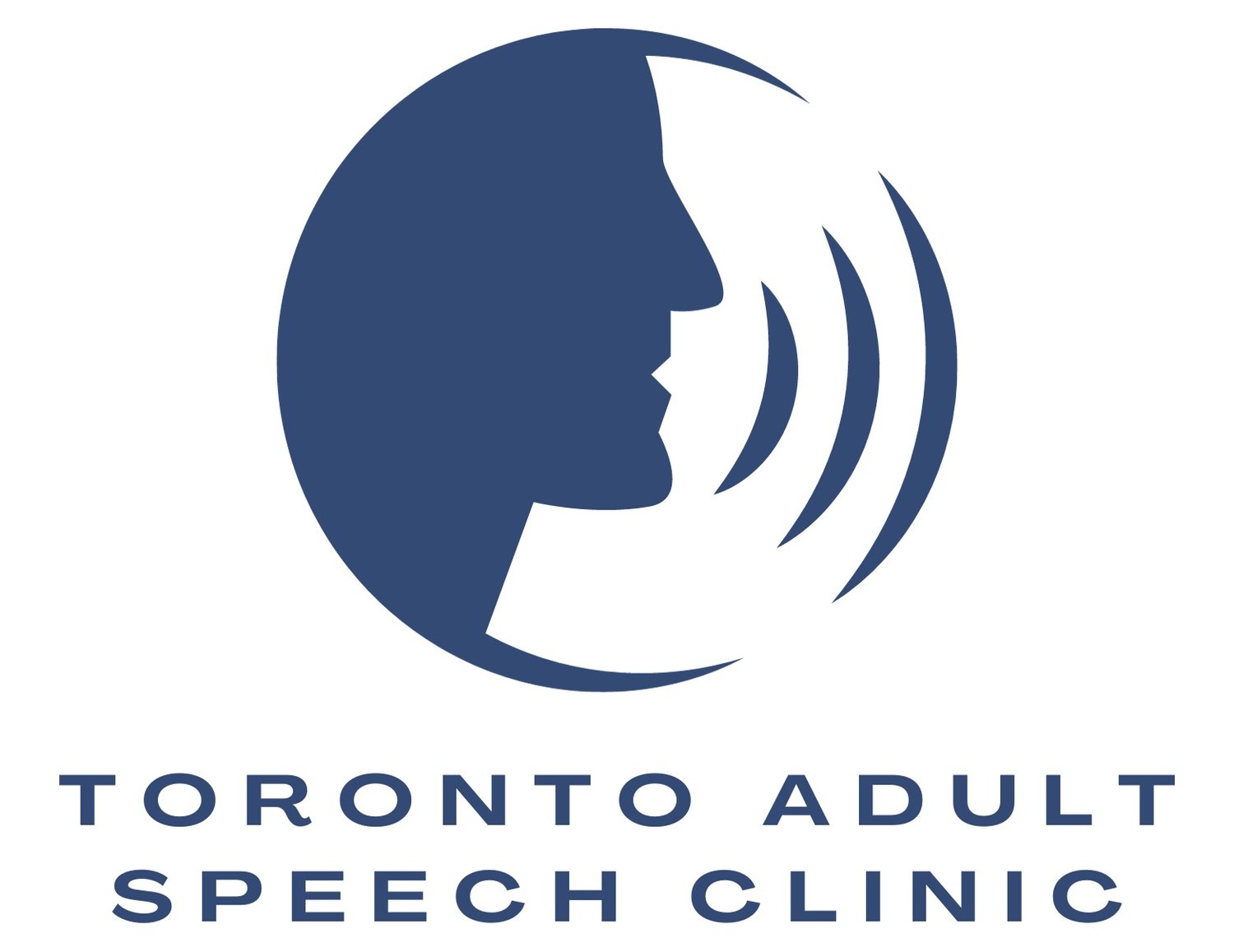The Vision of TASC- The Right to Communicate
The Vision of TASC
The Right to communicate
Speech therapy for adults. It’s not a novel concept, but it’s an important one- and one worth talking about. To many people, speech therapy is something associated with children who have difficulty speaking, saying different sounds, stuttering, reading, or interacting with other children. Because of this common perception, many publicly- and privately-funded services are targeted towards children. In fact, it was estimated to me in my final year of studies to become a speech therapist that 70% of our class would end up working with children, and only 30% of us (if that) would end up working with adults. This is counter-intuitive when we consider what Statistics Canada reports about our population. In 2016, 80% of Toronto’s population was over the age of 19. Furthermore, over 15% of Toronto’s population was over the age of 65 and at a heightened risk for a stroke, which in 30% of cases can lead to speech and language deficits that require speech therapy.
All of these stats to say- the longer I am practicing in the field, the more I realize that the apparent difference in availability of speech therapy for children over speech therapy for adults, is not due to demand, but to awareness of opportunities and funding.
There are simply more clinics and more publicly-funded school and community programs for children. That’s not to say these programs aren’t warranted and needed, because they are- in fact, waitlists for some of the publicly-funded programs for children can be as great as two years. What it is to say, is that advocacy for access of children to speech therapy is headed in the right direction- but for adults, the journey has barely begun.
The majority of my professional work as a speech therapist has been with adults- from private practice, to hospitals, to research. One message resonates through all my interactions in these different environments: there aren’t enough advocates for adult speech therapy. This is why I founded the Toronto Adult Speech Clinic (or TASC).
I don’t propose to have a unique idea in my creation of TASC. There are many clinics in Toronto that provide services to adults- some boutique and niche in nature, but nevertheless out there if you look hard enough.
I don’t claim that I am a sole-proprietor in adult-centered techniques. Many of the techniques and strategies used on adults are as well-researched as those used on children, and even share many similar if not exact same approaches.
What I do suggest- is that I am passionate in my advocacy for adult speech therapy. I believe that the role of a speech therapist extends beyond assessment and treatment to raising awareness about the benefits and availability of speech therapy services. In this case, it also means advocating for adult-focused speech therapy.
The number of adults I have encountered who have felt embarrassed or alienated seeking private speech therapy in the many child-centred environments has been too many to count. “But,” they tell me, “that’s what my Google search found.” And yet, (to throw more stats at you) as an example: it is estimated that strokes are the leading cause of adult disability in Canada, but only 35% of adults who suffer moderate to severe impairments in their speech and language following a stroke, receive the speech and language therapy they need. Not convinced yet? Craving more stats?
General numbers compiled between the United States and Canada in 1995 (granted a while ago, but it was the most comprehensive I could find), quoted the following percentages of the adult population who may benefit from speech therapy:
Speech disorders: 18%
Language disorders: 18%
Voice disorders: 12%
Stuttering: 1-2%
And learning disability with a post-secondary education: 35.6%
To compare: in 2015, the National Institute on Deafness and Other Communication Disorders (NIDCD) estimated approximately 1 in 12 children to have a disorder of speech, language, voice, or swallowing. That is 8.3%.
Although these are old numbers, and not to be taken at face value- they are meant to paint a picture:
Adults need speech therapy services too.
There is more we can do as a community to promote awareness about the availability of services (i.e. there are clinics who are experienced and willing to work with adults at an age-appropriate level); and more we can do as speech-language pathologists to be sensitive to the unique needs of our adult clients. Those of us who are comfortable and experienced working with adults, shouldn’t be hiding our clinics from view or avoiding collaboration and sharing of information with our fellow clinicians. We have a responsibility to every client and every potential client to stay informed, up to date with current research, and make ourselves accessible and respectful in our practice of adult speech therapy. No one should feel isolated or alienated on their journey to communicate effectively- after all, the ability to communicate is a basic human right.
See http://www.internationalcommunicationproject.com/ for more information on the right to communicate, and help spread the word that everyone should have access to the speech therapy services they need!
Statistics mentioned in this post were taken from Statistics Canada, Speech-Language and Audiology Canada, and the National Institute on Deafness and Other Communication Disorders, with thanks.


